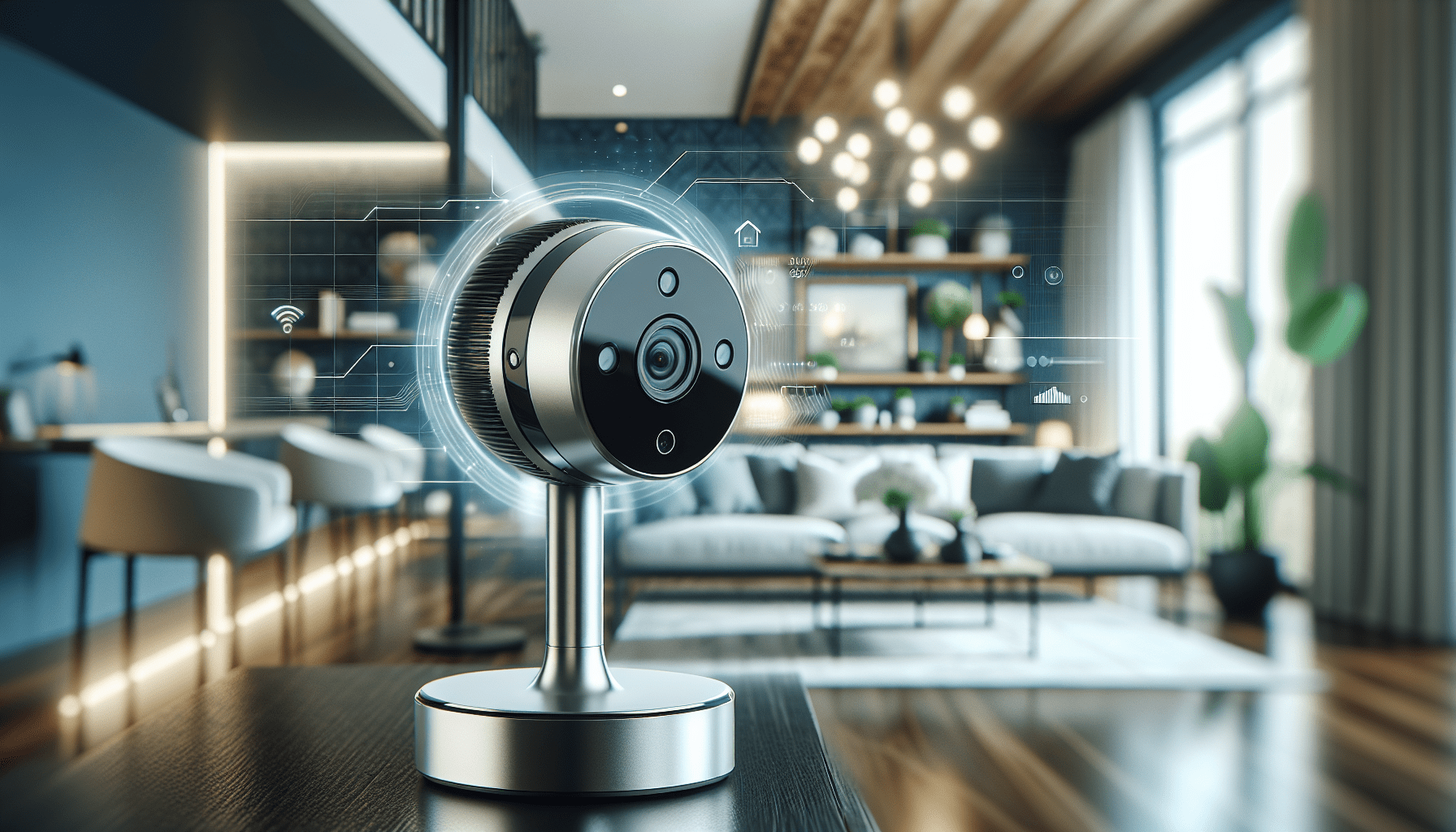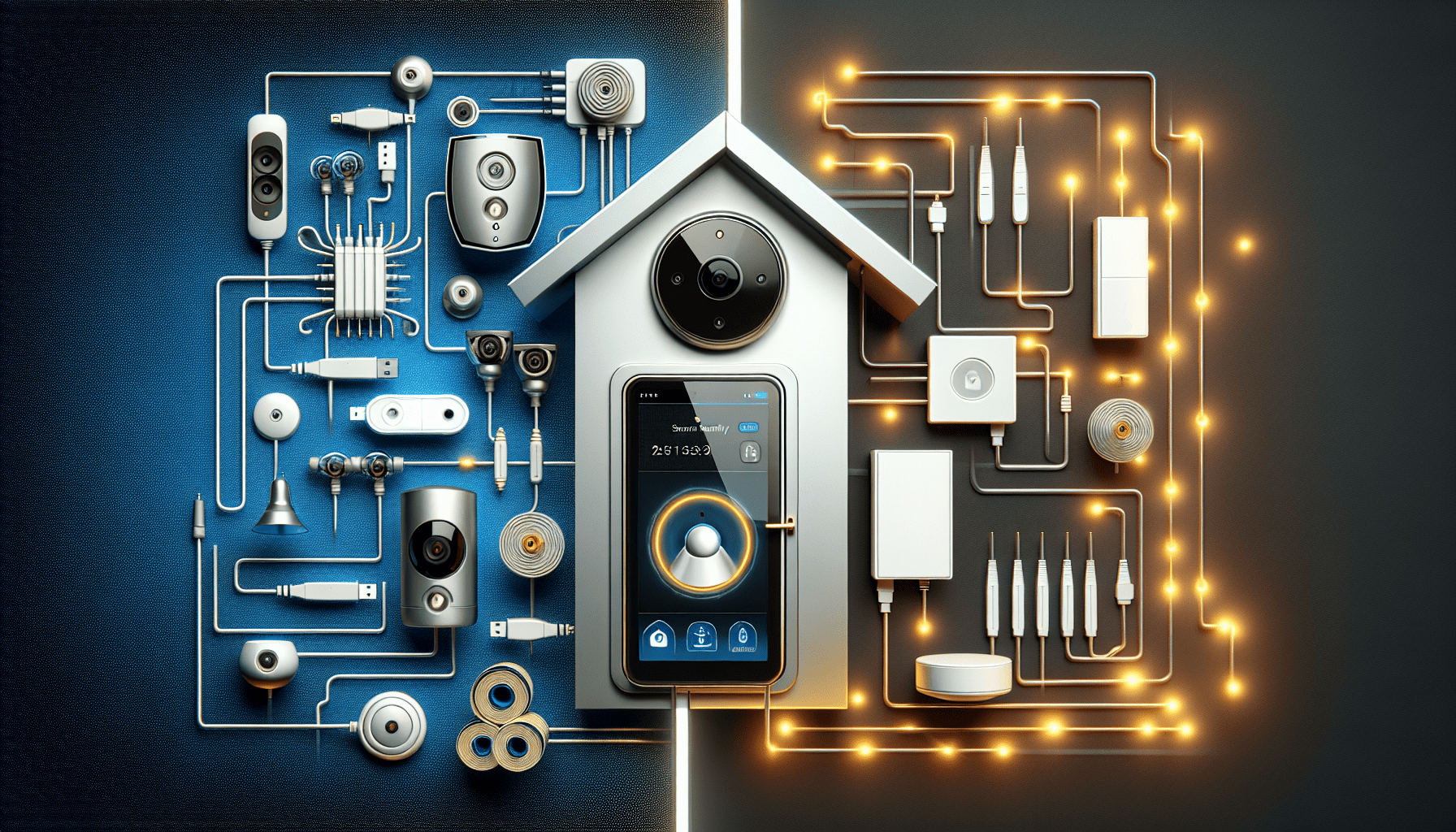Welcome, friend! Today, we will explore the fascinating world of smart home security systems and discuss their limitations. While smart home devices offer a convenient and powerful way to protect your home and loved ones, it is important to be aware of their shortcomings. From vulnerabilities in wireless connections to potential hacking threats, understanding the limitations of smart home security systems is crucial in ensuring your peace of mind. Let’s delve into this topic and uncover all you need to know. What Are The Limitations Of Smart Home Security Systems?
Hey there! You’ve probably heard all about the amazing benefits of smart home security systems by now, but have you ever stopped to consider their limitations? While these systems offer high-tech solutions to protect your home, they are not without their drawbacks. Let’s delve into some of the limitations of smart home security systems and how you can work around them.
Connectivity Issues
One of the most common limitations of smart home security systems is connectivity issues. These systems rely on a stable internet connection to function properly, so if your internet goes down, so does your security system. This could leave your home vulnerable to intruders or other threats.
How to overcome it:
To overcome connectivity issues, consider investing in a backup internet connection, such as a cellular backup or a secondary internet provider. This will ensure that your smart home security system remains operational even if your primary internet connection fails.
Vulnerability to Hacking
Another limitation of smart home security systems is their vulnerability to hacking. As these systems become more advanced and interconnected, they also become more attractive targets for cybercriminals. If a hacker gains access to your smart home security system, they could potentially disable it or even use it to gain entry into your home.
How to overcome it:
To protect your smart home security system from hackers, make sure to regularly update the firmware and software of all connected devices. Additionally, consider implementing strong passwords and enabling two-factor authentication for an extra layer of security.
Privacy Concerns
Privacy is another major limitation of smart home security systems. These systems often come equipped with cameras and microphones that can monitor your every move. This raises concerns about who has access to this sensitive data and how it is being used.
How to overcome it:
To address privacy concerns, be mindful of where you place security cameras and microphones in your home. Avoid placing cameras in areas where they could inadvertently capture private moments, and regularly review the permissions granted to any third-party apps or services connected to your smart home security system.
False Alarms
False alarms are a common issue with smart home security systems. Whether it’s a pet triggering a motion sensor or a glitch in the system, false alarms can not only be annoying but also lead to fines from local authorities.
How to overcome it:
To reduce the likelihood of false alarms, make sure to properly adjust the sensitivity levels of motion sensors and other detectors. Additionally, consider investing in pet-friendly sensors that can distinguish between human and animal movement.
Limited Compatibility
Some smart home security systems may have limited compatibility with other devices and platforms. This can be frustrating if you already have smart home devices that you want to integrate with your security system but are unable to do so.
How to overcome it:
Before purchasing a smart home security system, make sure to check its compatibility with other devices and platforms that you currently own. Look for systems that offer a wide range of integrations and are easily customizable to suit your needs.
Reliance on Electricity
Many smart home security systems rely on electricity to function. This means that if there is a power outage, your security system may be rendered useless.
How to overcome it:
To address this limitation, consider investing in a backup power source, such as a generator or uninterruptible power supply (UPS). These devices can provide power to your security system during an outage, ensuring that your home remains protected.
Cost
Cost is another limitation of smart home security systems. While these systems offer advanced features and convenience, they can also come with a hefty price tag. This can be a barrier for homeowners who are on a tight budget.
How to overcome it:
To make smart home security more affordable, consider starting with a basic system and gradually adding on additional features as your budget allows. Look for deals and discounts on security systems, and consider DIY installation to save on professional installation costs.
Conclusion
Smart home security systems offer a range of benefits, from improved convenience to enhanced security. However, they also come with their limitations that you need to be aware of. By understanding these limitations and taking proactive steps to address them, you can ensure that your smart home security system works effectively to protect your home and loved ones. Remember, knowledge is power when it comes to securing your home!






